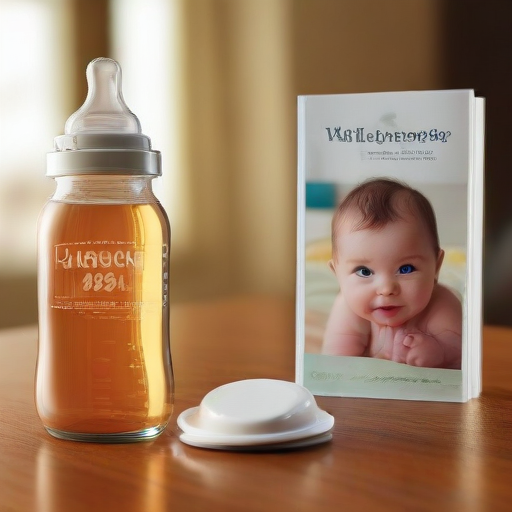Molly Baz, a prominent figure in the culinary world and a member of the influential millennial generation, has recently shifted her focus to support parents and their newborns following her pregnancy. In May, she participated in a advertising campaign for Swehl, a breastfeeding startup, where she unveiled a new recipe for lactation cookies. In a playful advertisement, Baz was photographed wearing a rhinestone bikini while playfully holding cookies on her exposed belly, accompanied by the tagline “Just Add Milk.”
The ad garnered significant attention but was later removed from a 45-foot digital billboard in New York’s Times Square just before Mother’s Day. Clear Channel Outdoor, the advertising network responsible for the billboard, cited a breach of their content guidelines as the reason for the removal.
Molly Baz expressed her disbelief at the censorship on her Instagram, sharing her thoughts alongside images of other lingerie ads still displayed in Times Square. She pointed out the irony of the situation, highlighting how ads featuring non-pregnant models in lingerie remain visible while her motherhood-themed ad was considered inappropriate. She remarked on the contrast, indicating that society often embraces certain representations that cater to traditional views while excluding others.
This incident shines a light on the broader conversation around societal perceptions of motherhood and the representation of women in advertising. Baz’s strong reaction indicates a need for a more inclusive approach to marketing, especially around themes as universal as feeding and nurturing.
As we move forward, it is hopeful to see more voices like Baz’s advocating for the normalization of motherhood in media and advertising, fostering a culture that celebrates all aspects of womanhood. With evolving discussions around representation and inclusivity, there’s a chance that society will become more accepting of diverse portrayals, allowing for a richer and more authentic display of women’s experiences.
